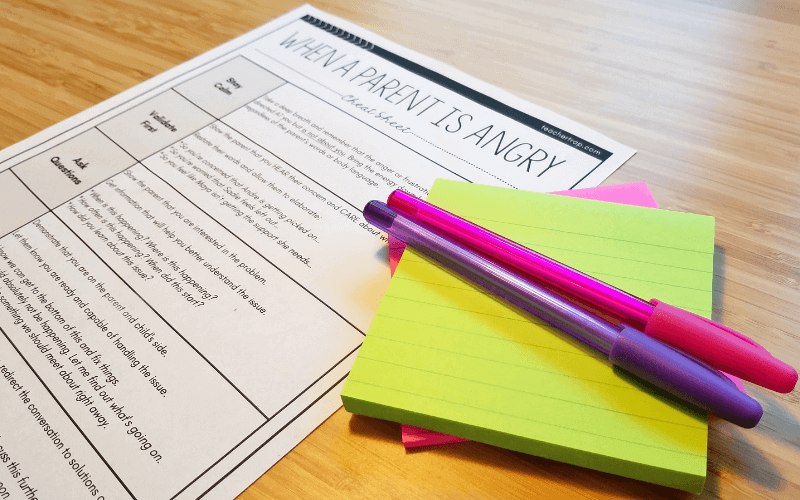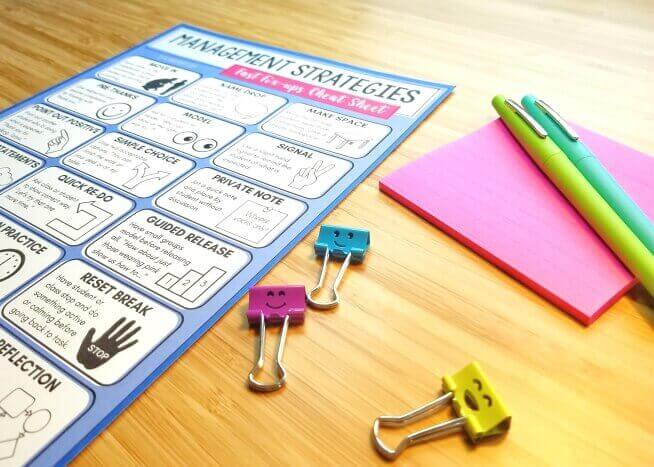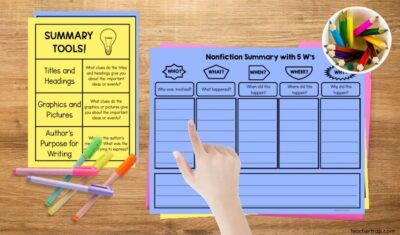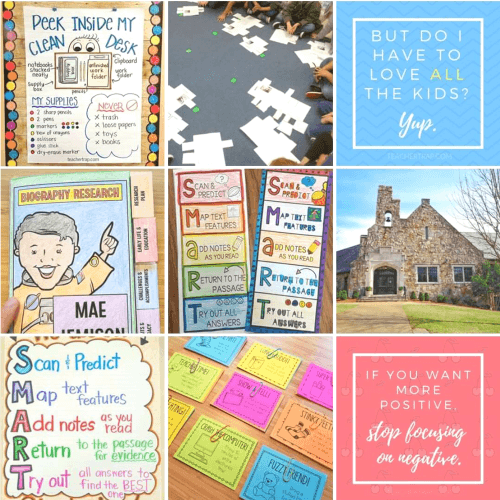Angry parents are a given when it comes to teaching. No matter how awesome you are, how kind and caring, or how prepared, at some point a parent will come to you in an emotional, angry, or panicked state. The fact is that nothing makes parents more irrational than feeling like their child is being wronged or harmed in some way.
But with some simple shifts in thinking and adjustments to your language, you can easily diffuse a stressful situation and turn it into a positive, problem-solving, and relationship-building session! Here are the DO’s and DON’Ts of working with an upset parent.

DO Appreciate Their Passion
Once you realize and understand why a parent is so upset, it can change the way you react. In EVERY SINGLE angry-parent situation I’ve encountered, the anger stems from a feeling that their child is being harmed or wronged. When someone comes at us in an emotional state, it’s hard not to take things personally. Step back and remember that even if the anger is currently directed AT you, it’s most likely not really ABOUT you.
If a parent is angry, try to remember that the anger is a reflection of their love for their child. In fact, that’s a great first response! You can even say something like, “Your child is so lucky to have a parent that cares so much.” Thoughts and comments like this can help you avoid becoming defensive and angry yourself.
DON'T Match Their Energy
When faced with a threat, our natural instinct is ‘fight or flight,’ and because we typically can’t run away from parents, we’re stuck with ‘fight’. But if you match the parent’s energy, you’ll only escalate the situation. Instead, take a deep breath and bring out a cool, calm, and confident demeanor. (Even if you have to fake it.)
Speak slowly, voice low, and help bring the energy of the situation back down. The parent is already feeling a lack of control, so show them that you’ve got this and everything will be just fine.
DO Validate Their Concerns
No matter what the parent is upset about, let them know you hear and understand their concerns. Validating their feelings does not mean you agree or that you’ve ‘given in’ somehow, it simply shows that you respect and care about what the parent is going through and about what is happening with the child.
The easiest way to do this is by restating the parent’s concern and allowing them room to speak. Instead of arguing or reassuring them that everything is fine, try phrases like:
So you’re concerned that… Darnell is being picked on.
So you’re worried that… Jodie isn’t getting the support she needs in math.
So you feel like… Nick isn’t being treated fairly.
Restate what you think the parent is upset about or how they’re feeling, and then let them elaborate if needed.
I’ve found this to be the most powerful way to diffuse a stressful situation and calm an angry parent. As soon as they see you are interested in the problem and want to hear their concerns, they begin to feel better and calmer.
DON'T Defend or Blame
If you want to help the parent calm down, avoid getting defensive or discussing blame. If you jump to defending yourself or start discussing who is to blame, you’ll only make the parent feel more like they need to make their case.
Instead, redirect the conversation to problem-solving and if need be, delay it to another time. If the issue is clear and you feel prepared to offer solutions that you feel the parent will accept, then move into problem-solving mode. If the parent is too upset to think clearly or you need more time to prepare for the conversation, suggest meeting after school or the next day. There’s nothing wrong with saying, “I want to make sure I have all the information before we try to figure this out. Can you meet tomorrow after school?”
DO Admit Mistakes
Teachers are human and we make mistakes, too. Schools are complex systems where sometimes things go wrong. If you or the school made a mistake or caused a problem, a simple apology can go a long way with parents. You don’t need to give a lengthy back-story or list of reasons for the mishap. Just give a sincere apology:
Wow, I really dropped the ball here. I’m so sorry this happened. Here’s how we’re going to fix it.
Even if the event was not YOUR fault, apologizing can help a parent calm down and be more receptive to listening.

These tips come from my online course, Positive Parent-Teacher Partnerships. In the course, you’ll find guides, scripts, and cheat sheets, PLUS editable tools and video workshops that will help you build powerful alliances with parents. If you just want the Cheat Sheat shown above, along with other printable resources, you can also check out my Positive Parent Communication Pack on TPT. I want all teachers to know how amazing it feels to have the support and help you need from parents!














